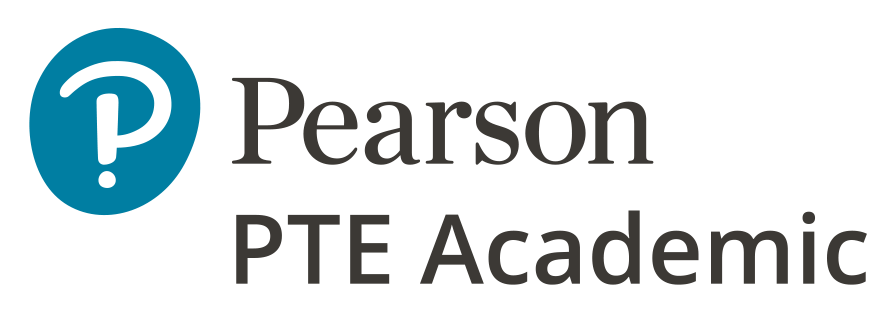Excellent communication skills. The ability to establish positive professional relationships. The capacity to write clear and well-organised documents. If you’ve ever looked through online job postings, you’ve seen employers describe their ideal candidate as someone who possesses these skills. But what do all these skills have in common?
It’s the one underlying skill set that remains consistently desirable among global recruiters: English language proficiency.
It makes sense; after all, English is everywhere. It’s the official language of at least 59 countries and it’s the language of global business. In fact, a Pearson survey found that 68% of global businesses assess their employees’ English language proficiency and 91% consider it beneficial to the company if employees speak English. Additionally, employees worldwide also value English proficiency, with 92% citing it as an important factor in career advancement.
With this in mind, it’s crucial that students and young people entering the workforce understand the importance of English language abilities and actively hone these skills, particularly in the following areas.
1. Interviewing
When you’re transitioning from education to employment, interviewing is a vital skill that will help you kickstart your career. “The word transition [in this context] means transitioning between education and employment. So, those skills that you need to be able to get your first job,” says Mike Mayor, Director of the Global Scale of English with Pearson. An interview tests a candidate’s capacity to listen, speak, and (sometimes) write in English, so it’s advisable to focus on strengthening your skills in these areas.
A great way to prepare yourself is to research commonly asked interview questions online or search YouTube for videos of mock interviews and practise saying your responses out loud. Repeating this exercise with various questions will make you feel more comfortable listening and speaking in English when you need to complete a real interview.
2. Active listening
Active listening is an extremely important step on the path to English fluency. It’s also projected to be one of the most valued skills among global employers in 2030. Active listening skills include the capacity to understand and retain points raised by colleagues in meetings, as well as the ability to distinguish between facts and feelings in informal conversations.
One strategy for enhancing your active listening skills would be to write notes during meetings and revise them afterwards to see which information you heard, retained, and thoroughly understood. Another tip is to summarise the information you’ve just heard back to the person you’re speaking with. For instance, try using expressions like “If I’m understanding you correctly, the point you’re making is…” to make this practice feel more natural.
3. Critical thinking
Critical thinking is one of the four Cs that Pearson named as one of the most important 21st Century employability skills, along with creativity, collaboration, and communication.
Critical thinking relates to your ability to question the world around you, the way things are done, and to form your own beliefs with logical reasoning. Improving your English language proficiency and your critical thinking skills go hand in hand. You can improve your critical thinking abilities by raising more questions in your everyday life. For instance, in conversations with your peers, your family, and your colleagues, you should question their opinions, answers, and decisions. Ask them why they feel the way they do about certain issues and offer alternative ideas to challenge their perspectives. By listening to the points of others and responding with intelligent, relevant questions, you’ll naturally refine your English listening and speaking skills. You’ll also develop a ‘questioning mindset’, which is an invaluable asset to global businesses.
4. Verbal and written communication skills
Bringing it back to basics, it’s important to have a solid command of written and verbal English. Most employers look extremely fondly on potential employees if they know more than one language, but English is a fundamental base that you’ll need to master for a career anywhere in the world. Plus, they’ll want to see that you can craft a professional email or communication material, and be able to conduct presentations or meetings in a fluent manner.
One of the best ways to demonstrate your verbal and written English skills is to have taken an English-language test that is globally recognised. It shows a dedication to developing your skills and certifies that you have a solid knowledge of the English language. Pearson Test of English (PTE) Academic, for example, is accepted by hundreds of universities, governments and employers worldwide. To check which employers accept the test, you can visit the PTE Academic website and search the database – you might even find some future job inspiration…
5. Creativity and originality
Again, when thinking of employability, it’s important to remember the four Cs: critical thinking, creativity, collaboration, and communication. Perhaps the most subjective and intangible of these is creativity. However, subjectivity doesn’t make creativity any less important, especially since creativity and originality are some of the most valued and sought-after skills in global recruitment.
“There are often many opportunities in the language classroom to demonstrate creativity,” says Mike Mayor, citing it as the skill that candidates should refine once they have sufficiently improved their comprehension and critical thinking competencies.
In strengthening your creativity, you’ll enhance your English language proficiency and vice versa. Some excellent strategies for improving your creativity, and therefore your English proficiency, are to read stories, tell stories, practise creative writing, and brainstorm new uses for old objects. Not only will these practices allow you to form and develop more original ideas, but they will enable you to enhance your reading, speaking, and writing abilities in English.






